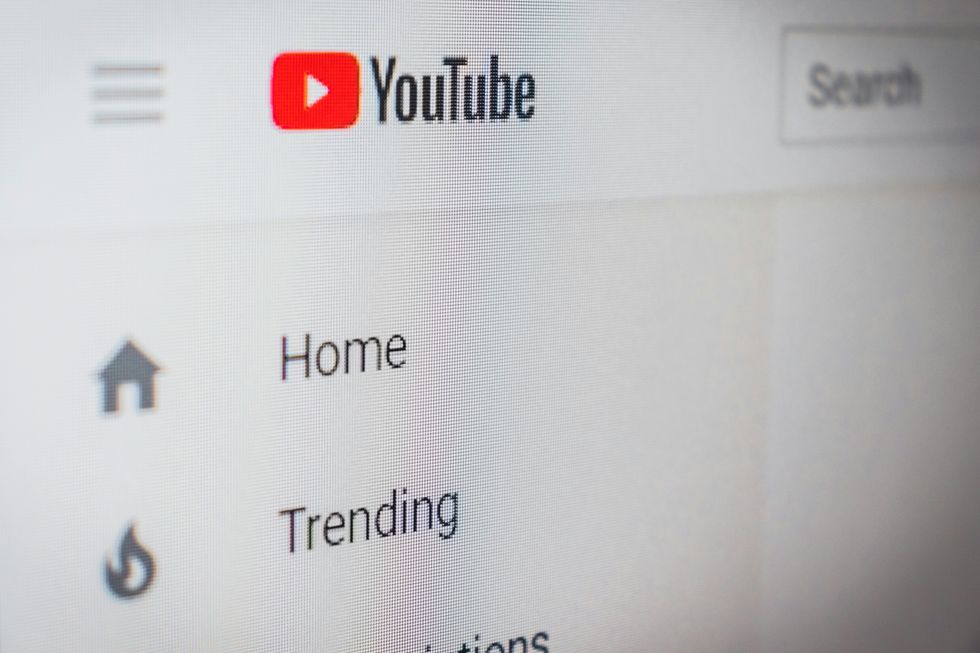Fitness
Andrew Pierce exasperated by YouTube’s fitness ‘censoring’ decision: ‘For heaven’s sake!’

Andrew Pierce and Bev Turner were left exasperated as they discussed YouTube’s decision to stop recommending videos to teenagers about weight and fitness.
The platform will still allow 13 to 17-year-olds to watch the videos, but is concerned about algorithms pushing youngsters down related content “rabbit holes”.
YouTube made the decision after experts warned content that idealises specific fitness levels, body weights or physical features could be harmful if viewed repeatedly.
Speaking on GB News, Bev and Andrew said the video platform is focusing on the wrong material.
Andrew Pierce was left exasperated by the changes
GB NEWS
“I can see the logic – they don’t want to impose unrealistic expectations on children”, said Bev.
“But actually, we’ve never had more fat kids.”
LATEST DEVELOPMENTS

Andrew Pierce and Bev Turner were left shocked
GB NEWS
Andrew added: “Quite. Obesity is a huge problem for under-18s.”
“Why would you censor Joe Wicks or an exercise routine rather than something about violence?”, Bev questioned.
“You don’t want your 12-year-old seeing porn. Isn’t that what YouTube should be focusing on?”, Andrew interjected to ask.
“Not watching a video that shows them how to get fit, for heaven’s sake.”

The Online Safety Act has forced YouTube to make changes
CHRISTIAN WIEDIGER | UNSPLASH
YouTube’s global head of health, Dr Garth Graham, told The Guardian: “As a teen is developing thoughts about who they are and their own standards for themselves, repeated consumption of content featuring idealised standards that starts to shape an unrealistic internal standard could lead some to form negative beliefs about themselves.”
Experts on YouTube’s youth and families advisory committee are said to had advised that certain categories may be “innocuous” as a single video could be “problematic” if viewed repeatedly.
The new guidelines have been introduced in the UK and around the world, and relates to content that idealises some physical features over others.
The newly introduced Online Safety Act requires tech companies to protect children from harmful content, meaning YouTube is being forced to rethink how youngsters use its platform.








